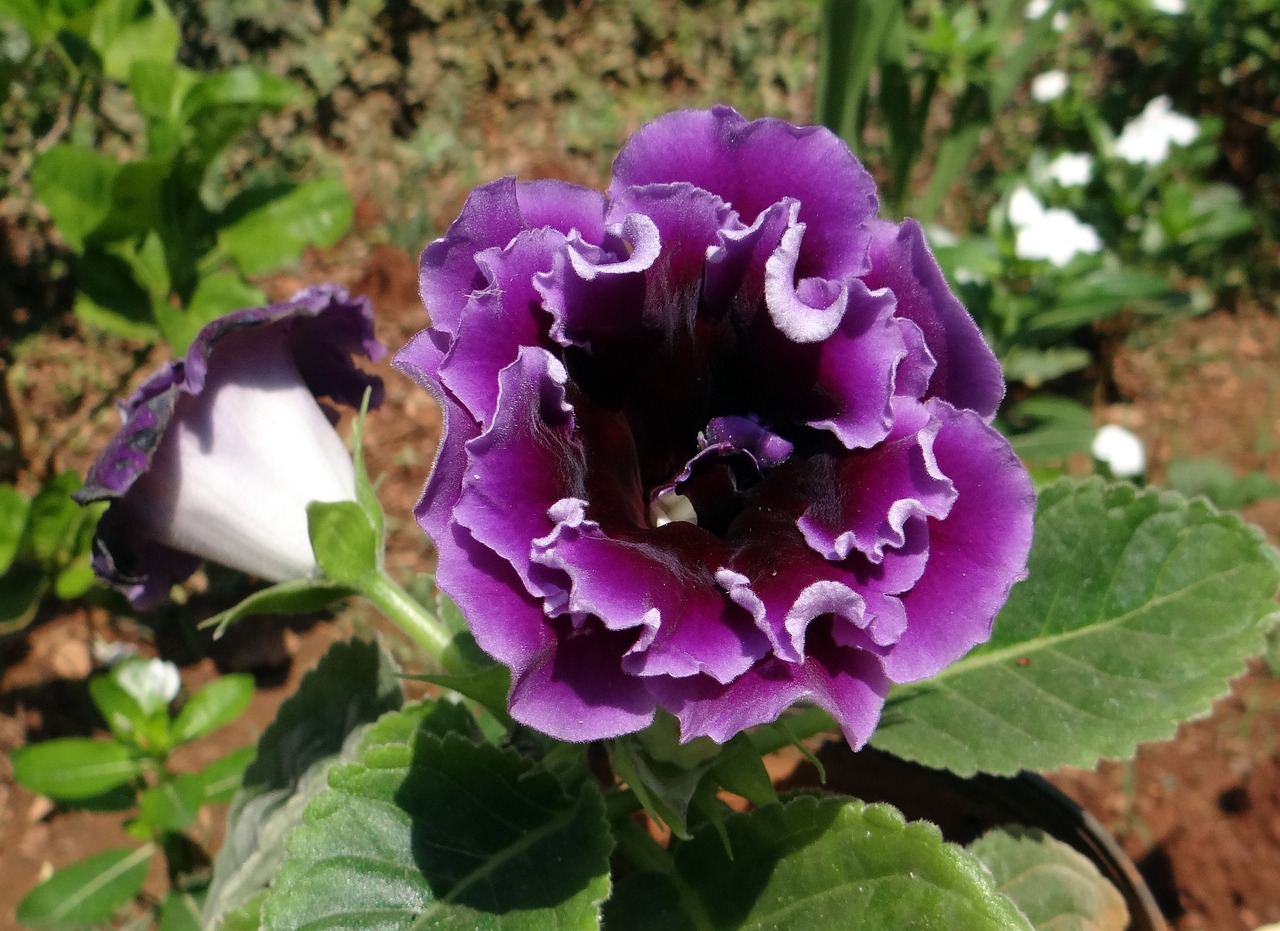Leveraging Canvassing Data for Predictive Analytics: 11xplay reddy login, Laser247, Skyinplay exchange
11xplay reddy login, laser247, skyinplay exchange: Canvassing in Tribal Communities: Respecting Sovereignty and Tradition
Canvassing in tribal communities requires a unique approach that respects their sovereignty and traditions. Tribal communities have a deep connection to their land, culture, and way of life, making it essential for canvassers to understand and recognize these aspects when engaging with these communities. In this article, we will explore the importance of respecting sovereignty and tradition when canvassing in tribal communities.
Understanding Tribal Sovereignty
Tribal sovereignty is the inherent authority of indigenous tribes to govern themselves. This means that tribes have the right to self-governance, make their own laws, and manage their own affairs without interference from outside governments. Canvassers must respect tribal sovereignty by recognizing the tribe’s right to control their land, resources, and decision-making processes.
When canvassing in tribal communities, it is important to approach tribal leaders and community members with respect and humility. Canvassers should seek permission from tribal leaders before conducting any outreach or engagement activities in the community. By acknowledging and honoring tribal sovereignty, canvassers can build trust and establish positive relationships with tribal communities.
Respecting Tribal Tradition
Tribal communities have unique cultural traditions and customs that have been passed down through generations. It is essential for canvassers to respect and honor these traditions when working in tribal communities. Canvassers should take the time to learn about the tribe’s history, customs, and values to ensure that their outreach efforts are culturally sensitive and appropriate.
When engaging with tribal communities, canvassers should be aware of traditional protocols and etiquette. This may include addressing tribal leaders by their appropriate titles, participating in cultural ceremonies or events, and following traditional customs when entering tribal lands. By showing respect for tribal tradition, canvassers can demonstrate their commitment to building authentic relationships with tribal communities.
Building Trust and Relationships
Building trust and relationships is key to successful canvassing in tribal communities. Canvassers should take the time to listen to tribal members’ concerns, needs, and priorities. By engaging in meaningful conversations and actively listening to community feedback, canvassers can demonstrate their commitment to supporting tribal communities.
It is important for canvassers to be transparent and honest in their interactions with tribal communities. Canvassers should be clear about their goals, intentions, and the resources they can provide to support tribal initiatives. By building trust through open communication and honesty, canvassers can establish lasting relationships with tribal communities based on mutual respect and understanding.
FAQs:
Q: How can canvassers educate themselves about tribal sovereignty and tradition?
A: Canvassers can educate themselves by reading literature on indigenous rights, attending cultural competency training, and seeking guidance from tribal leaders or community members.
Q: What are some common misconceptions about tribal communities?
A: Some common misconceptions include viewing tribal communities as homogenous groups, overlooking the diversity of tribes, and assuming that all tribes have the same needs and priorities.
Q: How can canvassers advocate for tribal rights and sovereignty?
A: Canvassers can advocate for tribal rights and sovereignty by supporting indigenous-led initiatives, amplifying indigenous voices, and promoting policies that respect tribal sovereignty and self-determination.







